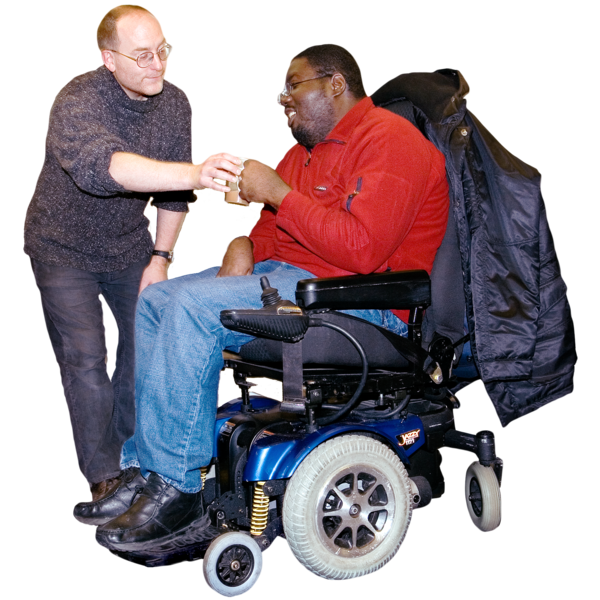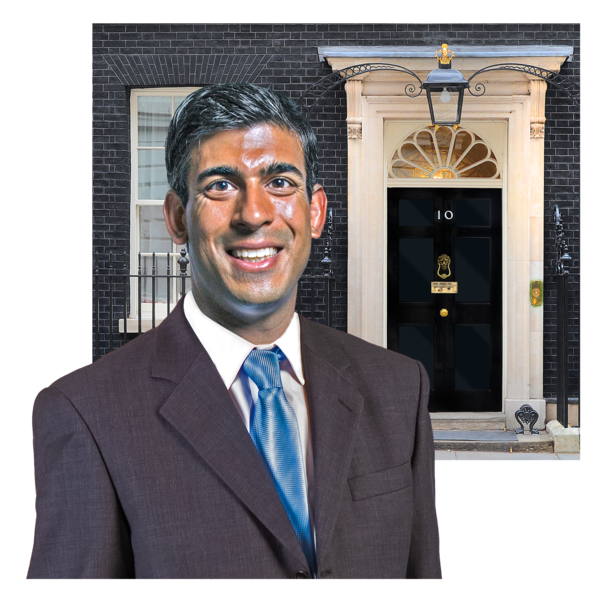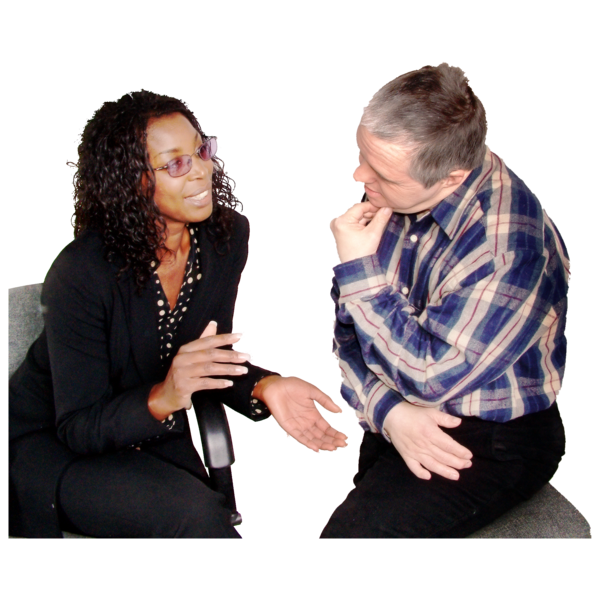Published ahead of today’s PMQs when Norman Lamb MP will launch a group of MPs calling for a cross-party approach on health and
social care
 Social care means the services that give care and support to people who need it.
funding, the letter urges the
Prime Minister
Social care means the services that give care and support to people who need it.
funding, the letter urges the
Prime Minister
 The Prime Minister is the leader of
the government
The Prime Minister is the leader of
the government
 The Government are the people who run the country. The Government decide how much tax people should pay and how things like the National Health Service (NHS) should work.
.
to take ‘a bolder approach’ otherwise ‘millions of older, ill and disabled people and their carers will continue to be badly let down’.
The Government are the people who run the country. The Government decide how much tax people should pay and how things like the National Health Service (NHS) should work.
.
to take ‘a bolder approach’ otherwise ‘millions of older, ill and disabled people and their carers will continue to be badly let down’.
Mencap’s statement is below.
Dan Scorer, Mencap's Head of Policy, said:
People with a learning disability
A learning disability is to do with the way someone's brain works. It makes it harder for someone to learn, understand or do things. face some of the most serious inequalities in society: on average, people with a learning disability die 16 years younger, and nearly a third of young people with a learning disability spend less than an hour outside their home each day.
The lack of funding across the sectors means people with a learning disability are struggling to maintain their health and wellbeing, and are becoming increasingly isolated, facing the fear of what will happen to them if vital support and services are cut.
Further cuts
Cuts are when there is less money to pay for things like clubs and support. to local council
A council is also called a local authority
A local authority is also called a council. They are a group of people who make decisions about some of the things in the area where you live like schools, social care (support for people), parks and dustbin collection. . They are a group of people who make decisions about some of the things in the area where you live. These include: schools, social care (support for people), parks and dustbin collection. budgets combined with planned cuts to benefits will push more people with a learning disability further into poverty and ill health. We urge the Government to act now to develop a long-term funding solution that will ensure health and care services are able to fully support people who desperately rely on them.
-ENDS-
For further information, please contact the Mencap press office on 020 7696 5414 or media@mencap.org.uk or for out of hours 07770 656 659.
Open letter
Dear Prime Minister,
Re: Seeking a long-term settlement for health and social care.
There can be no doubt about the scale of the challenges facing health and social care services in England. Barely a day goes by without news of immediate problems – service reductions, missed targets – and warnings of future failings. 2017 simply cannot be another year where these huge issues are ducked.
While the Government has taken some short term steps to try and relieve the pressures on the NHS and local authorities, without more fundamental action, these challenges will accelerate as our population increases and ages.
Although you have recognised the need to find a longer term solution, you have not yet said how you will go about developing one. Unless you adopt a bolder approach millions of older, ill and disabled people and their carers, will continue to be badly let down.
That’s why we are now calling for the government to establish a cross-party process to review and recommend action on future health and social care funding.
We believe that process should be:
- Inclusive: established by the government with meaningful cross party engagement
- Open: listening to the public and professionals who use and work in these services every day
- Urgent: the cross party process should get underway without delay but this should not prevent shorter term investment, particularly to support the care system.
Such a process should not aim to ‘take the politics out of health and care’ but rather to make clear the costs and consequences of the political decisions that must be made. It should recognise that just as no one party should be blamed for the current challenges, nor can a genuinely long term solution be owned only by one party.
Brave thinking is required to ensure the right recommendations are backed with political will.
There can be no room for complacency. The time to act is now.
Signatories to the open letter to the Prime Minister
- Janet Morrison, Chief Executive, Independent Age
- Janet Davies, Chief Executive & General Secretary, Royal College of Nursing
- Professor Helen Stokes-Lampard, Chair, Royal College of GPs
- Cathie Williams, Chief Officer, ADASS
- Jo Miller, President, SOLACE
- Heléna Herklots CBE, Chief Executive, Carers UK
- Dr Jane Collins, CEO, Marie Curie
- Katherine Murphy, Chief Executive, Patients Association
- Professor Martin Green OBE, Chief Executive, Care England
- Colin Angel, Policy and Campaigns Director, UK Home Care Association
- Nadra Ahmed OBE, Executive Chairman, National Care Association
- Frank Ursell, Chief Executive, Registered Nursing Home Association
- Vic Rayner, Executive Director, National Care Forum
- Neil Heslop, Chief Executive, Leonard Cheshire Disability
- Dave Prentis, General Secretary, UNISON
- Jan Tregelles, Chief Executive, Royal Mencap Society
- Sally Harvey, Interim Chief Executive, RNIB
- Paul Breckell, Chief Executive, Action on Hearing Loss
- Steve Vaid, Acting Chief Executive, Guide Dogs
- Richard Kramer, Deputy CEO, Sense
- Rt Hon Prof Paul Burstow, Former Minister of State for Care
- Rob Whiteman, Chief Executive, CIPFA
- David Sinclair, Director, ILC-UK
- Eileen Burns, President, British Geriatrics Society
- Irene Sobowale, CEO, The Disabilities Trust
- Lisa Lenton, Director, ARC England
- Sue Adams OBE, Chief Executive, Care and Repair England
- Robert Stephenson-Padron, Managing Director, Penrose Care Agency
- Ian Cumming MBE, Director of Fundraising and Communications, Guideposts
- Jenny Edwards CBE, Chief Executive, Mental Health Foundation
- Lisa Hopkins, Chief Executive, SeeAbility
- Tim Cooper, CEO, United Response
- Jane Ashcroft CBE, Chief Executive, Anchor
- Azra Kirkby, Interim CEO, Real Life Options
- Alex Fox OBE, CEO, Shared Lives Plus
- Deborah Gold, Chief Executive, NAT
- Sue Browning, CEO, Spinal Injuries Association
- Michael Voges, Executive Director, ARCO
- Gary FitzGerald, CEO, Action on Elder Abuse
- Simon Chapman, Director of Policy and External Affairs, National Council for Palliative Care
- Jonathan Senker, Chief Executive, VoiceAbility
- Dr Rhidian Hughes, CEO, VODG
- Susan Hale, General
Manager
 A manager is a boss at work. They tell you what you need to do and give you support if you need it.
, Colostomy Association
A manager is a boss at work. They tell you what you need to do and give you support if you need it.
, Colostomy Association - Carol Boys, Chief Executive, Down's Syndrome Association
- David McCullough, Chief Executive, Royal Voluntary Service
- Mark Lever, Chief Executive, National Autistic Society
- Sue Bott, Deputy Chief Executive, Disability
Rights
 Rights are the things everyone should be allowed to do like have a say, or go to school.
UK
Rights are the things everyone should be allowed to do like have a say, or go to school.
UK - Judi Rhys, CEO, Arthritis Care
- Tracey Bleakley, CEO, Hospice UK
- Dr Mohsin Khan, Co-founder and Chief Policy Officer, NHS Survival
- Dr Sam Barrell, Chief Executive, Taunton and Somerset NHS Trust
- Phil Pegler, Chief Executive,
Community
 A community is the people and places in an area.
Integrated Care
A community is the people and places in an area.
Integrated Care - Justin Irwin, Chief Executive, Family and Childcare Trust
- Kirsty Woodard, Ageing without Children
- Derek Cribb, Chief Executive, Institute and Faculty of Actuaries
- Gail Scott-Spicer, Chief Executive, Carers Trust
- Oonagh Aitken, CEO, Volunteering Matters
- Mr Adam Williams, President, Association of Surgeons in Training (ASiT)
- Mr Simon Fleming, President, British Orthopaedic Trainees Association
- Dr Matt Mayer, Chair, GP Survival
- Olivia Belle, Director of External Affairs, Arthritis Research UK
- Professor Julienne Meyer, City University
- Dr Zoe Norris, Chair of Sessional Subcommittee, General Practitioners Committee UK
- Dr Phil Hammond, NHS Associate Specialist & Vice Chair of The Patients Association
- Dr Umesh Prabhu, Consultant Paediatrician and Medical Director
- Mr Dermot O’Riordan, Consultant Surgeon
- Mr Johann Malawana, Director, The Healthcare Leadership Academy
- Stella Vig, Consultant Vascular Surgeon and Royal College of Surgeons Council Member
- Prof. Nigel Standfield, Professor of Vascular Surgery and Surgical
Education
 Education is when you learn things. When you fill in a form to get a job, education means you write where you went to school, college or university.
and Royal College of Surgeons Council Member
Education is when you learn things. When you fill in a form to get a job, education means you write where you went to school, college or university.
and Royal College of Surgeons Council Member - Mr Shafi Ahmed, Consultant Colorectal Surgeon and Royal College of Surgeons Council Member
- Mr Richard Kerr, Former President of Society of British Neurological Surgeons and Royal College of Surgeons Council Member
- Dr Peter JP Holden, British Medical Association Council Member and Treasurer of Derbyshire LMC
- Dr Rob Galloway, Emergency Medicine Consultant
- Mr Ben Dean, Orthopaedic Registrar and Honorary Research Fellow
- Roshana Mehdian, Orthopaedic Registrar and Assistant Course Director, The Healthcare Leadership Academy
About Mencap
There are 1.4 million people with a learning disability in the UK. Mencap works to support people with a learning disability, their families and carers by fighting to change laws, improve services and access to education,
employment
 Employment means having a job.
and
leisure
Employment means having a job.
and
leisure
 Leisure is when you have time to do things you enjoy like playing sports or going to the pub.
facilities. Mencap supports thousands of people with a learning disability to live their lives the way they want.
Leisure is when you have time to do things you enjoy like playing sports or going to the pub.
facilities. Mencap supports thousands of people with a learning disability to live their lives the way they want.
For advice and information about learning disability and Mencap services in your area, contact Mencap Direct on 0808 808 1111 (9am-5pm, Monday-Friday) or email help@mencap.org.uk
What is a learning disability?
A learning disability is a reduced intellectual ability which can cause problems with everyday tasks – for example shopping and cooking, or travelling to new places – which affects someone for their whole life.
People with a learning disability can take longer to learn new things and may need support to develop new skills, understand difficult information and engage with other people. The level of support someone needs is different with every individual. For example, someone with a severe learning disability might need much more support with daily tasks than someone with a mild learning disability.
Learning disability is not a mental illness or a learning difficulty. Very often the term ‘learning difficulty’ is wrongly used interchangeably with ‘learning disability’